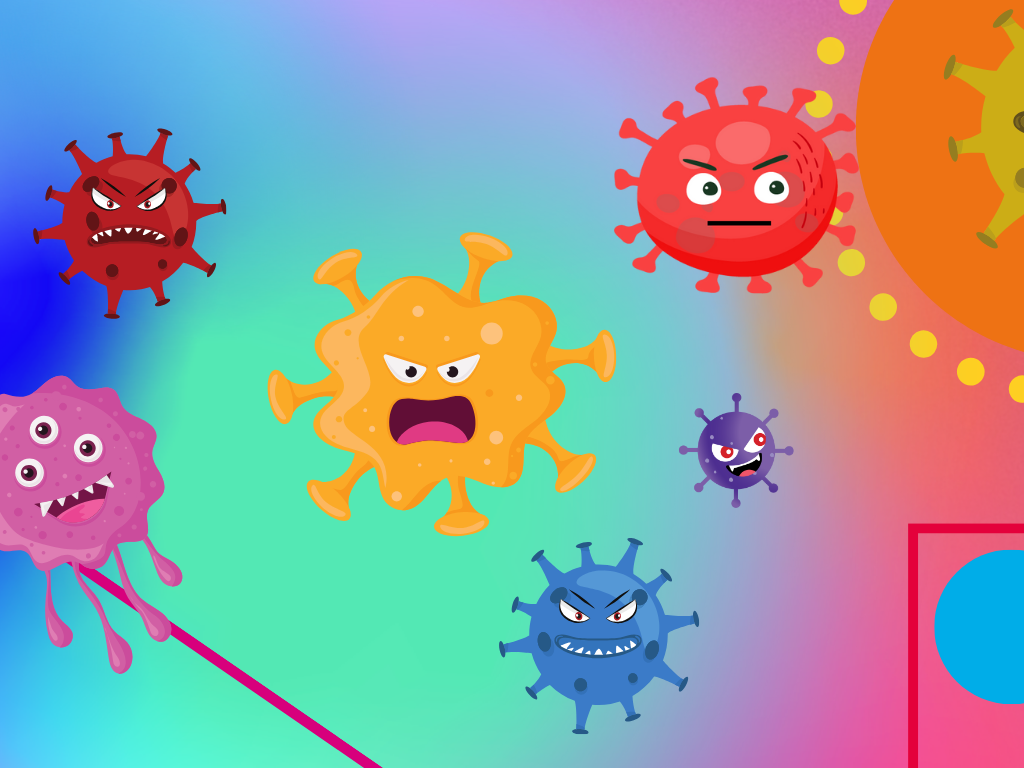In the ever-evolving realm of cybersecurity, the effectiveness of traditional antivirus software is increasingly called into question. As cyber threats become more sophisticated and intricate, antivirus’s signature-based detection methods struggle to keep pace, leaving organisations vulnerable to zero-day attacks and evolving malware.
In the face of these challenges, Managed Detection and Response (MDR) has emerged as a powerful and proactive approach to cybersecurity, offering a comprehensive solution that addresses the limitations of antivirus and provides organisations with the tools they need to stay ahead of the curve.
The Waning Relevance of Antivirus
For decades, antivirus software has been the cornerstone of cybersecurity defence, providing a protective layer against known malware threats. However, as cybercriminals develop increasingly sophisticated attack methods, antivirus’s effectiveness is diminishing.
Signature-based detection, the cornerstone of antivirus technology, relies on identifying and matching malware to known threat signatures. While this approach was effective in the past, it struggles to detect zero-day attacks and malware that utilises novel techniques to evade detection.
Moreover, antivirus software is often plagued by false positives, mistakenly flagging legitimate files as threats. This can lead to unnecessary disruptions, productivity losses, and a general sense of distrust in the security system.
Additionally, antivirus software operates in a reactive manner, waiting for threats to manifest before attempting to neutralise them. This approach leaves organisations exposed to attacks that can cause severe damage before being detected and addressed.
The Rise of Managed Detection and Response (MDR)
In contrast to the limitations of antivirus, Managed Detection and Response (MDR) offers a proactive and holistic approach to cybersecurity. MDR services provide organisations with continuous monitoring, threat hunting, and incident response capabilities, enabling them to identify and address threats before they cause damage.
MDR teams are comprised of cybersecurity experts who possess the skills and expertise to analyse vast amounts of data, identify anomalous behaviour, and effectively respond to security incidents. They utilise a combination of signature-based, behaviour-based, and anomaly-based detection methods, ensuring that both known and unknown threats are detected and neutralised.
Furthermore, MDR services integrate seamlessly with existing security infrastructure, providing a comprehensive solution that enhances overall security posture. By leveraging MDR, organisations can gain a deeper understanding of their network environment, identify potential vulnerabilities, and implement proactive measures to mitigate risks.
Antivirus vs. MDR: A Comparative Analysis
To better understand the key differences between antivirus and MDR, consider the following comparison table:
| Feature | Antivirus | MDR |
|---|---|---|
| Detection Method | Signature-based | Signature-based, Behaviour-based, Anomaly-based |
| Threat Hunting | Limited | Continuous |
| Incident Response | Manual | Automated, Expert-led |
| Proactivity | Reactive | Proactive |
| Staffing | Limited | Cybersecurity Experts |
Conclusion: Embracing the Future of Cybersecurity
While antivirus software has served as a valuable tool in the past, its limitations are becoming increasingly evident in today’s complex cybersecurity landscape. Organisations must recognise that antivirus alone is no longer sufficient to protect against today’s sophisticated cyber threats. Managed Detection and Response (MDR) offers a powerful and proactive solution that addresses the shortcomings of antivirus, providing continuous monitoring, threat hunting, and incident response capabilities. By investing in MDR services, organisations can safeguard their critical assets, protect sensitive data, and maintain resilience in the face of ever-evolving cyber threats.
To learn more about how Bondgate IT use MDR to protect our clients systems please reach out to us today by calling 01325 369 950 or by completing the form below:
